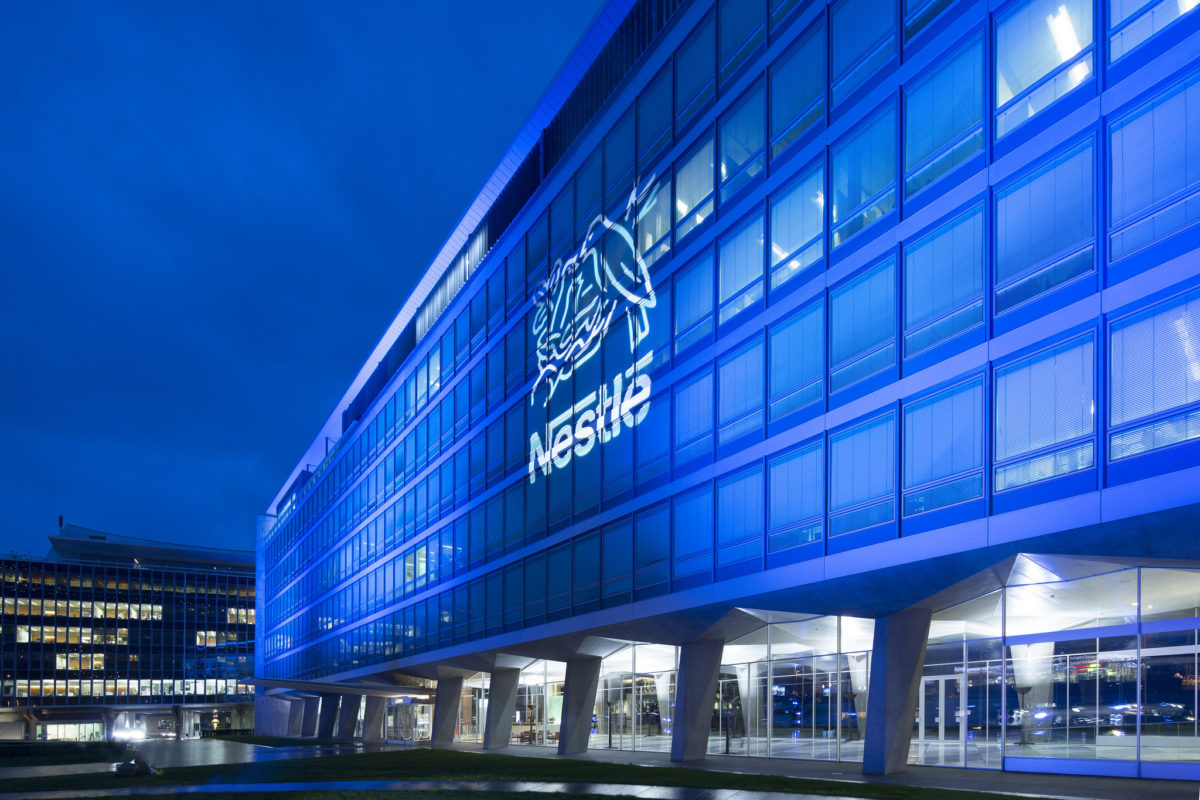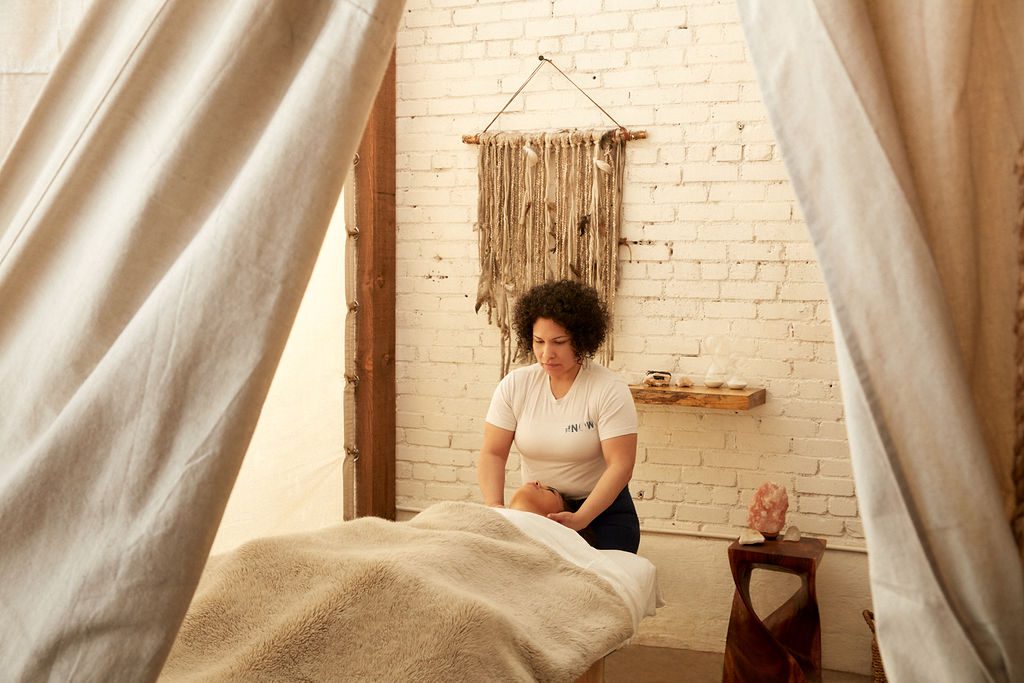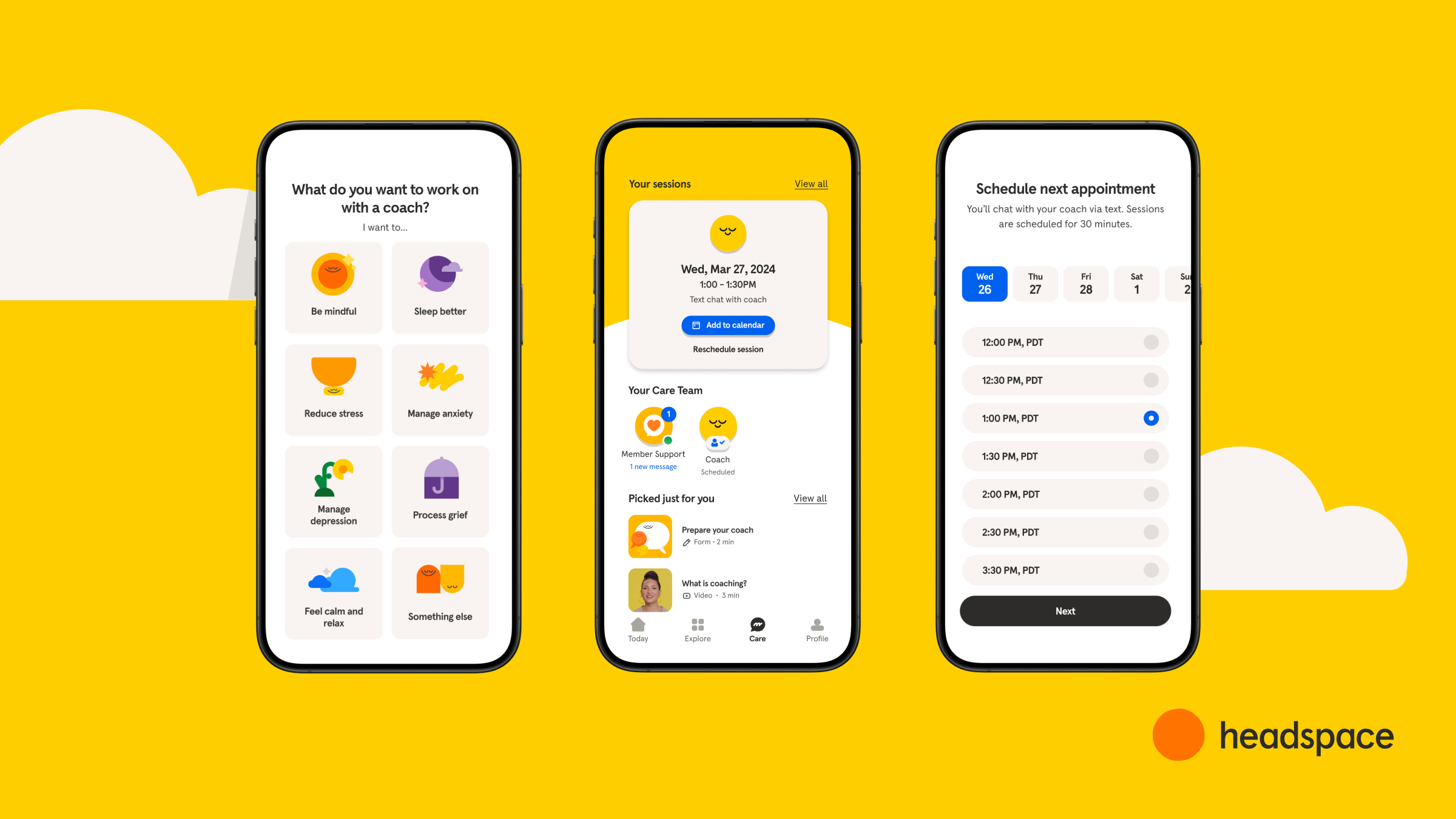Food giant Nestlé has a big problem — its products are unhealthy.
According to internal documents reviewed by the Financial Times:
- 60% of its food and drink products don’t meet “a recognized definition of health.”
- The brand admitted “some of our categories and products will never be “‘healthy’ no matter how much we renovate.”
Acknowledging there’s work to be done, the presentation circulated among Nestlé executives also said:
“We have made significant improvements to our products… [but] our portfolio still underperforms against external definitions of health in a landscape where regulatory pressure and consumer demands are skyrocketing.”
Nestlé isn’t alone. Big Food is far from healthy. As we detailed in Issue No. 127, its ultra-processed options are the opposite of health.
- Nearly 60% of the calories consumed by Americans come from ultra-processed foods like soft drinks and snacks.
- Among the top 25 food manufacturers in the US, 86% of products are classified as ultra-processed.
A sinking ship. Even as Big Food brands try to reinvent themselves, they’re taking on water.
On the Fitt Insider Podcast, Jason Karp, CEO of HumanCo—a holding company of health and wellness brands—said “it’s sort of like moving deck chairs on the Titanic.”
They’re making so much money selling cheap, highly processed food, Karp detailed, that it’s almost impossible to pivot.
Punchline: As Nestlé’s own presentation highlights, consumers want healthier options. And, given Big Food’s inability to meet the growing demand, better-for-you upstarts are well-positioned to thrive.
 Nestlé
Nestlé


